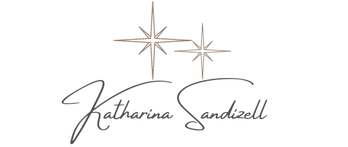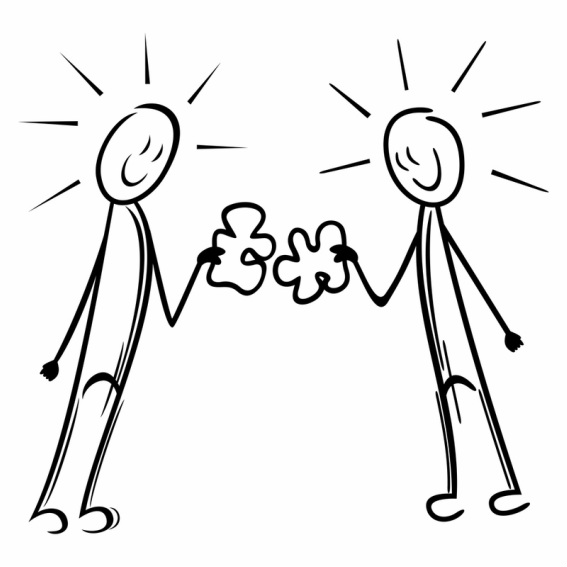|
The Blame-Avoid Cycle is an offshoot of the distanced-pursuer dynamic that is common in partnerships. The pursuer tends to blame while the avoider evades being blamed by withdrawing.
Without being checked, these cycles can snowball and rigidify, each person setting off the other while strengthening their respective positions. Say Brian has a habit of blaming and criticizing Susan, she will feel hurt and angry from his constant attacks. Susan will probably go into her shell, avoiding him in order to get away from the blame. But Brian participates in the blame cycle because he covers up his more vulnerable feelings by criticizing her. Underneath the blame, he has likely been feeling neglected by Susan for some time now. He probably feels alone, frustrated, and rejected by her withdrawal. So which comes first, the chicken or the egg? Neither - each partner's participation in the dynamic feeds off the other, creating a balanced, but steady intensification of the cycle. There are plenty of assumptions at play here. Brian believes that Susan's withdrawal is rejection; he may wonder if she loves or finds him attractive anymore. Susan, on the other hand, feels bewildered, confused, and helpless because it seems that whatever she does is not enough. In her mind, she gets criticized and attacked no matter what. She avoids Brian further because she doesn't know how to make him happy. Gaining understanding of the feelings beneath each partner's reactions can soften respective positions. This creates more empathy, less reactivity, and ultimately a turn-around of the negative cycle. Once the cycle softens, there is room for awareness and self-responsibility. For example, by listening to his/her partner's feelings, the blamer begins to realize that the avoider actually just feels helpless and afraid - attack is actually part of what is driving him or her away. The avoider understands that the blamer is actually just craving contact and validation, that he or she longs for connection but is expressing it poorly. This begins to shift the position of the avoider, who can begin to take risks by being more open and assertive. This is an obvious but initially scary way of making clear contact with the pursuer. From this, trust has a chance to build - the pursuer blames less because there is more contact from the avoider who is now speaking up more. Positive cycles begin to form and the relationship regenerates trust and connection once again.
1 Comment
 One of the most common couples dynamics that I see is the distancer-pursuer dynamic. What happens here is that one person regularly withdraws, while the other becomes demanding and angry as a result. This behavior then makes the first continue to withdraw, and thus the cycle continues. Usually, within the couple, each blames the other for this problem. The dynamics of who takes on each role can be fixed, or change places depending on how ingrained the pattern is. The distancer or 'withdrawn' member of the duo feels the need to be separate and avoid connection because the other is 'too demanding', 'angry', 'nagging', etc. Even if the 'withdrawn' partner wants to connect, his or her attempts feel wooden because all the distancer can think of is how to avoid being suffocated with demands or barraged with blame. It is painful because the distancer may feel immobilized and full of guilt while not having a clue how to change this polarizing dynamic. It is understandable that the withdrawing partner feels the need to retreat from his or her partner's demands and growing anger - it can feel threatening, engulfing, and intimidating. The typical 'pursuer' is bewildered and angry that his or her partner is emotionally unavailable. The pursuer feels left out, abandoned, and misunderstood. He hopes that his demands will eventually result in more contact with the distant partner. The only problem is that these exact efforts result in the distancer increasing his or her position and the polarity between the two increasing. The pursuer will often blame the other, arguing that pursuing is the only logical response because of the rejecting nature of the distancer. The feelings of rejection, abandonment, and the resulting emptiness brought on by withdrawal are powerful and painful, and it's understandable the pursuer will do anything to put an end to experiencing them. What this leaves us with is a dynamic that both partners have created and continue to enact. The pursuer makes demands as a result of feeling rejected and abandoned; the distancer withdraws to avoid angry outbursts or demands made by the pursuer. Since you can't change your partner or anybody else, you may feel a little desperate, continually trying to get your partner to be different. You may think: 'if only he would change, even admit to his part, I could change mine'. Even if it seems completely counter-intuitive, recognizing and taking responsibility for how you (not just your partner) behave is ultimately a relief. This is because it gives you some control over what is happening and what can be shifted in the relationship. By recognizing the negative cycles that you as a couple are setting up, you can understand what your part is in maintaining it, while gaining compassion for both you and your partner. You are trying your best - and ultimately want to feel happy and fulfilled in your relationship. By taking responsibility for your part, you have the power to begin to turn things around through awareness, which can result in effective behavioral adjustments. This understanding and change of habit can have a big impact because it allows you to be the master of yourself by adjusting your end of the dynamic. And here's the secret - once your end begins to shift, whether your partner wanted to or not, his or her end will need to change without you having to do or say anything to get it to happen. This is because once one part of a system has shifted, the other must adjust in order to remain a part of that system. Your relationship is that system and your partner may not be aware of it, but once you stop focusing on him or her, and start changing your approach, the entire relationship will naturally begin to get back on track. |
Katharina Sandizell, LMFT
Archives
February 2024
Categories
All
|
CHECK OUT MY Online Couple Course



 RSS Feed
RSS Feed